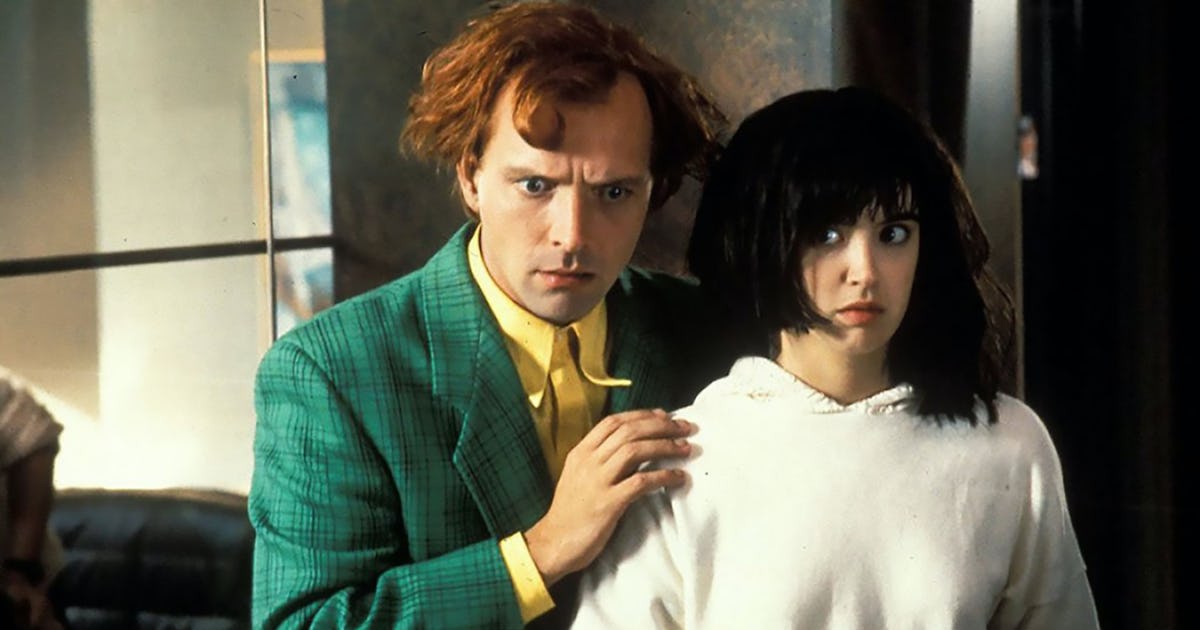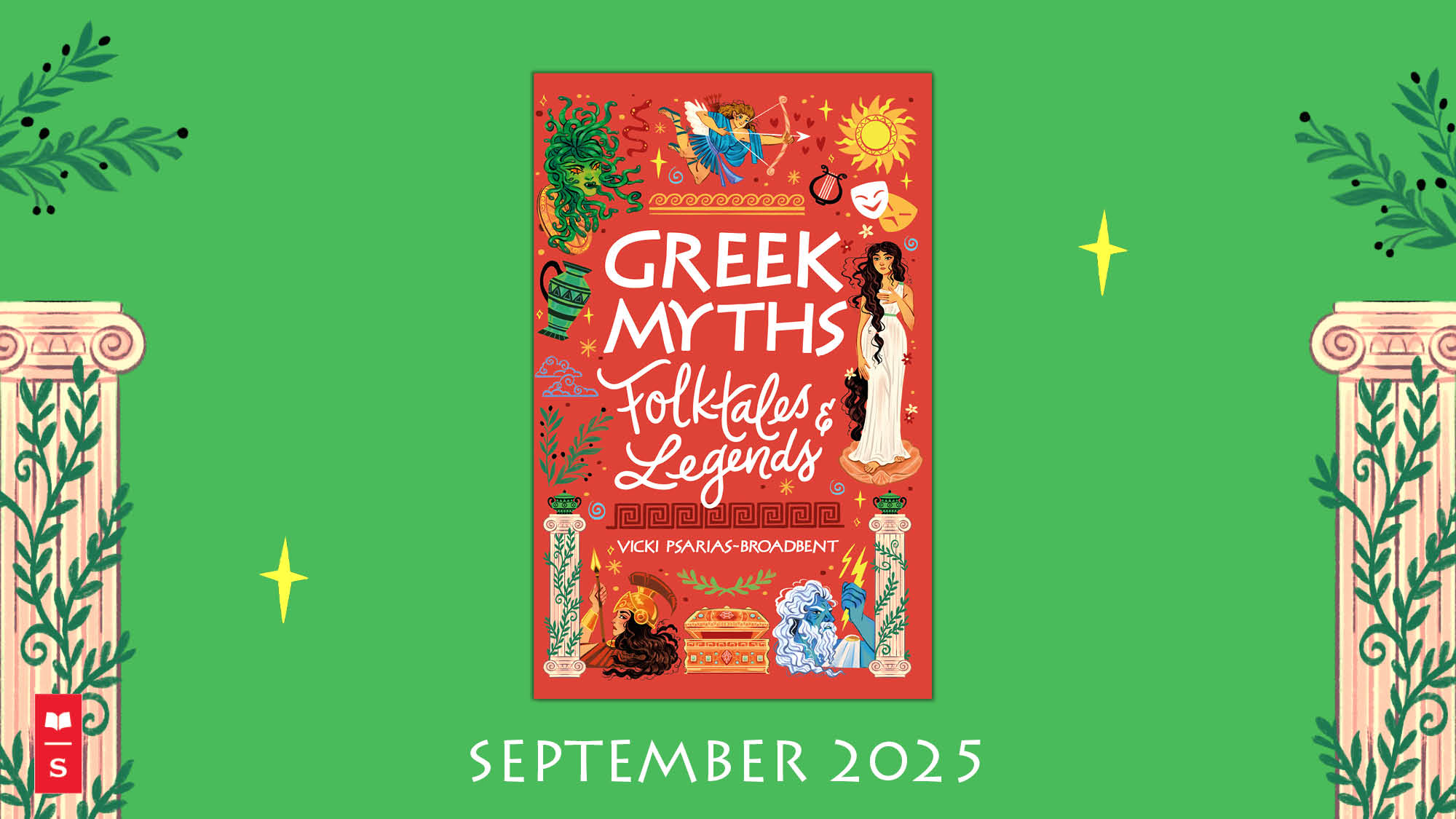
It’s common for kids to create imaginary friends when they’re young, but what if that fictional figure were to suddenly reappear when you’re an adult? That’s the basic premise the 1991 dark comedy Drop Dead Fred explores through the eyes of Elizabeth Cronin (Phoebe Cates), a young woman who is in desperate need of escaping the realities of adulthood. Not only is she separated from her cheating husband (whom she very much still wants to be with), but she gets robbed, loses her job, and is forced to move back in with her controlling, manipulative mother, Polly (Marsha Mason). But just when you think things can’t get any worse, Elizabeth accidentally releases her former make-believe friend, Fred (Rik Mayall), from his jack-in-the-box prison, and full-blown chaos ensues.
Fred’s antics soon create havoc in Elizabeth’s already miserable life, which, as a kid, I found to be quite entertaining. However, after recently rewatching Drop Dead Fred as an adult, I’ve come to appreciate the underlying lessons this film tries to teach throughout the story — particularly when it comes to certain toxic parenting tactics and how your actions can have an everlasting impact on your child as well as your relationship with them.
Don’t be a Polly.
Throughout the course of the movie, we witness Elizabeth’s mother, Polly, showcase one toxic behavior after another, all targeted at her daughter. She is constantly ridiculing Elizabeth’s wardrobe and hair, even going so far as to blame her for the reason her sleazy husband, Charles (Tim Matheson), wants a divorce. Instead of just being there as a supportive figure, Polly tries to convince Elizabeth that she is the one who needs to change if she wants to get Charles back. It instilled a deep-rooted sense of insecurity and fear in Elizabeth, making her feel that she wasn’t good enough and that if she didn’t conform to others’ expectations, she would end up alone.
It goes without saying that’s emotionally abusive behavior that every parent should actively avoid. And, you know, maybe Fred was just a teensy bit justified in calling Polly by his favorite nickname for her: Mega B*tch. All of that to say, it’s no wonder Elizabeth created Fred to help her escape the unhealthy toxicity she was facing at home.
Doing nothing can be just as harmful.
Believe it or not, inaction is a type of action in and of itself. Elizabeth’s dad seemed like a kind man who disapproved of Polly’s cruel behavior toward their daughter. However, he also never stopped it from happening. He’d maybe say a remark in Elizabeth’s defense every so often, but on the whole, he knowingly allowed Polly’s abuse to continue without taking any real action to put an end to it. In fact, he ended up leaving Polly, but made no attempt to take Elizabeth with him. He abandoned his own daughter, leaving her at the mercy of her manipulative mother, which makes him just as guilty of bad parenting, in my book.
Embrace your inner child.
As parents who are constantly responsible for the safety and well-being of tiny humans, it can be easy to lose ourselves in the seriousness of adulthood. But Drop Dead Fred serves as a great reminder to both kids and their parents not to let the stressfulness of life stop you from finding the joy in each other and embracing your inner child. That includes using your imagination. Because those fictional worlds (or friends!) that you created in your mind as a kid are an extension of you — and that’s something well worth preserving.
Disclaimer: This content was automatically imported from a third-party source via RSS feed. The original source is: https://www.scarymommy.com/entertainment/rewatching-drop-dead-fred-as-mom. xn--babytilbehr-pgb.com does not claim ownership of this content. All rights remain with the original publisher.






